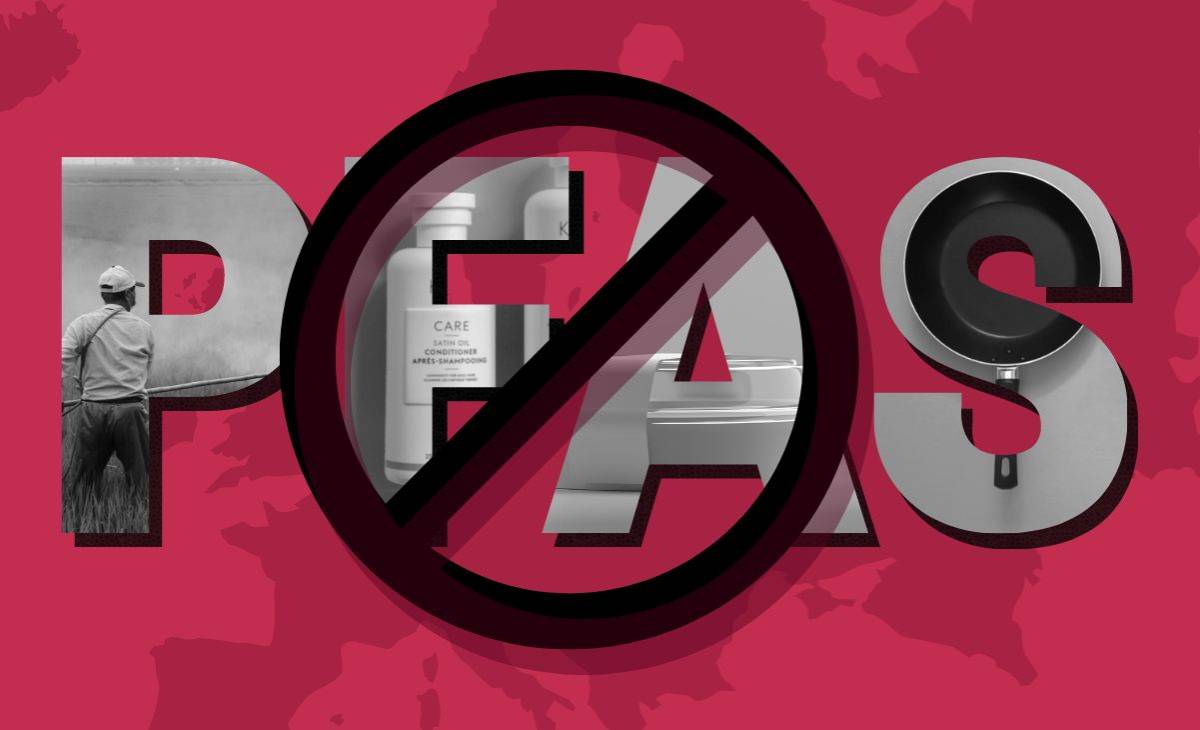Ban on PFAS under consideration in Europe
The European Chemicals Agency (ECHA) has recently published a proposal for the restriction of around 10 000 per- and polyfluoroalkyl substances (PFAS). The proposal aims to reduce PFAS emission into the environment and make products and processes safer for people.
The proposal, presented by five member countries (Denmark, Germany, Norway, the Netherlands, and Sweden), has been submitted to ECHA on 13 January 2023. It aims to become law by 2025 and enter into force by 2026. If this would happen, it would constitute one of the largest chemicals bans ever in Europe.
The initiative stems from the evidence of numerous scientific studies which have demonstrated how PFAS have negative effects on people’s health and on the environment.
The main objective is to force companies to find alternatives to PFAS, highly persistent substances known as “forever chemicals”. According to estimates attached to the proposal, about 4.4 million tons of PFAS would end up and accumulate in the environment over the next 30 years if nothing is done.
In detail, the proposal suggests a ban on production and marketing, with exceptions - limited in time - for specific uses. For example, alternative food contact materials to PFAS are being studied but not yet available and the five countries are proposing a ban in 5 years. For the same reason, the stop will come in 12 years for some medical devices. For most other uses, the report assures, alternatives exist.
Peter van der Zandt, ECHA’s Director for Risk Assessment said: “This landmark proposal by the five authorities supports the ambitions of the EU’s Chemicals Strategy and the Zero Pollution action plan. Now, our scientific committees will start their evaluation and opinion forming. While the evaluation of such a broad proposal with thousands of substances, and many uses, will be challenging, we are ready.”
Next month, ECHA’s scientific committees for Risk Assessment (RAC) and for Socio-Economic Analysis (SEAC) will check that the proposal meets the legal requirements of REACH (Registration, Evaluation, Authorisation and Restriction of Chemicals European Union regulation). If it does, the committees will begin their scientific evaluation of the proposal. A six-month consultation is planned to start on 22 March 2023.
Both committees will form their opinions which will then be sent to the European Commission who, together with the EU Member States, will then decide on the potential restriction in 2025.
An online information session will be organized on 5 April 2023 to explain the restriction process and to help those interested in participating in the consultation.
Source:






















